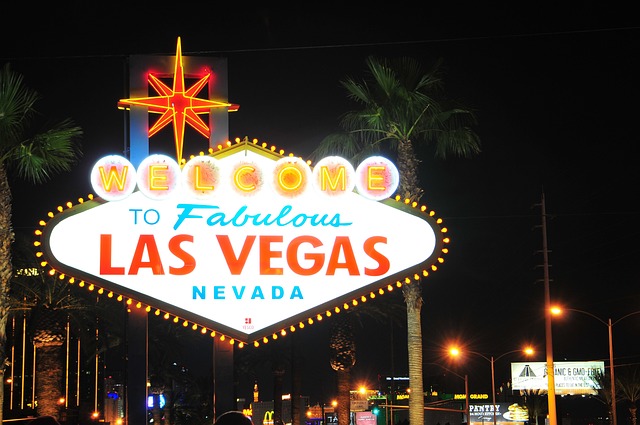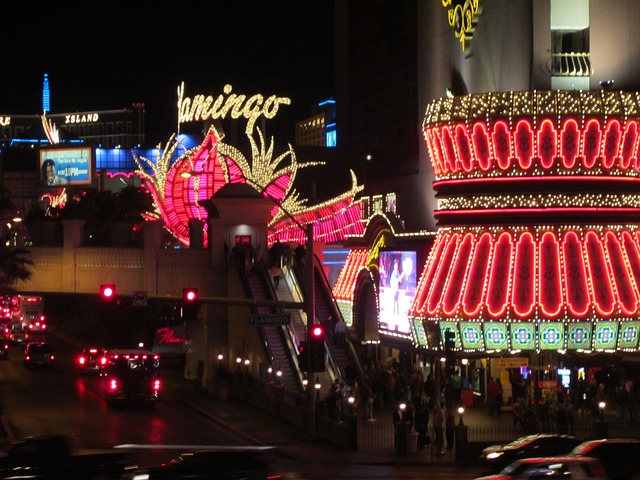
Casinos in literature: suspense, glamour and the depths of human nature
Casinos have fascinated people for centuries. These places of excitement and glamour have also found a permanent place in literature. They play a central role in many stories and novels.
They are settings for adventure, drama and human destinies. This essay examines how they are portrayed in literature and what influence they have on writers and their works. Famous places like the casino are always the setting for adventures in the bourgeoisie of humanity.
Representations in literature

Casinos are often more than just places of gambling in literature. They are symbols of risk, temptation and human weakness. Many authors use these places to shed light on the dark sides of human nature.
A famous example is “Casino Royale” by Ian Fleming. In this book, it is the place where James Bond meets his dangerous opponent. Here, it is turned into a life-threatening game.
In “The Gambler” by Fyodor Dostoyevsky, the casino also plays a central role. The protagonist loses himself in the world of gambling. It becomes a symbol of his addiction and despair. Dostoyevsky himself was a passionate gambler. His experiences flowed directly into his works.
Modern authors also take up the topic. In “Fear and Loathing in Las Vegas” by Hunter S. Thompson, Las Vegas and its casinos are the setting for a wild journey. He shows the city as a place of excess and decadence. Here, they represent the American dream and its dark side.
Influences on writers
Many writers have been inspired by casinos. The atmosphere is unique. The constant clinking of the machines, the tension at the tables and the glittering surroundings can be a creative source. Authors such as Ian Fleming and Fyodor Dostoyevsky have incorporated their own experiences into their stories.
Dostoyevsky had a particularly close relationship with gambling. He often lost large sums of money. These experiences are reflected in his works.
In “The Gambler” he describes the despair and hopelessness that gambling can bring. His own addiction and the emotions associated with it give the book an authentic depth.
Ian Fleming, the creator of James Bond, was also fascinated by casinos. He spent a lot of time in Monte Carlo. These experiences inspired him to write “Casino Royale”. Fleming used the establishment as a metaphor for the game of life and death that Bond has to play again and again.
Casinos as literary motifs

They offer a rich palette of motifs and themes for authors. They are places of excitement and risk. Gambling for money can quickly become a game for one’s own life. Many authors use this excitement to drive their stories forward. It can be the place where the hero wins everything or loses everything. It is a perfect setting for dramatic twists.
They can also reflect social themes. They often represent wealth and luxury, but also addiction and desperation. In many stories, they are places where people test their limits. They are symbols of the ups and downs of life.
Conclusion
Casinos have a permanent place in literature. They provide a unique setting for stories about risk, excitement and human weakness. Authors like Fleming have used their own experiences to create profound and gripping works.





Leave a Reply